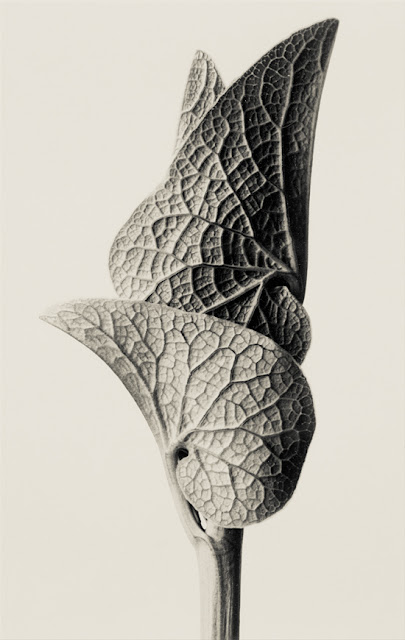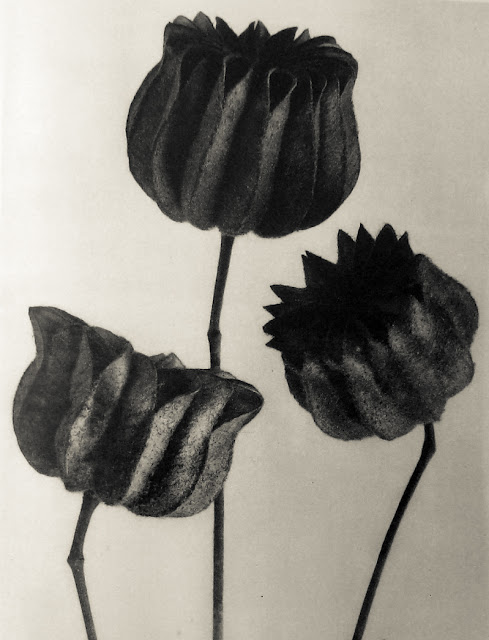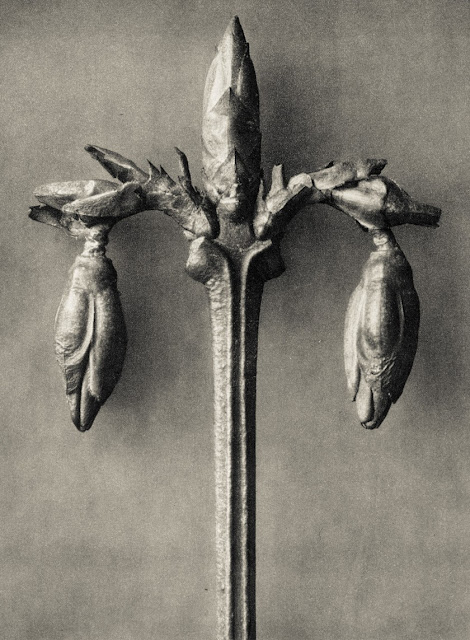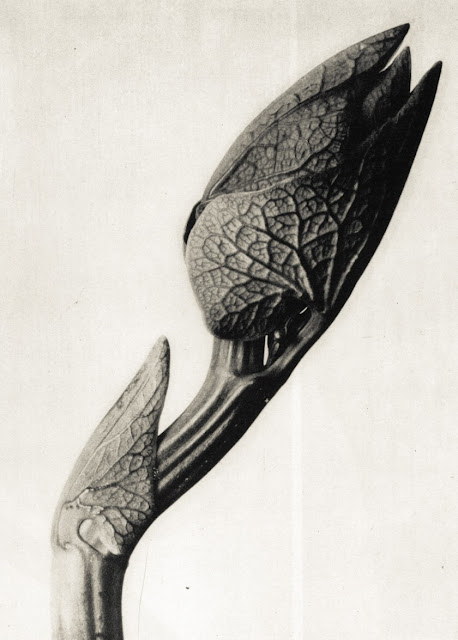A TEACHER OF CONTEMPLATION
Sunday, May 31, 2015
Karl Blossfeldt / A Teacher of Contemplation
A TEACHER OF CONTEMPLATION
Saturday, May 30, 2015
Maupassant / Mademoiselle Fifi
My hero / Football by David Conn
My hero:
Football
by David Conn
The game should be governed in a way that makes all football lovers proud
David Conn
Saturday 30 May 2015
2009
001 My hero / Oscar Wilde by Michael Holroyd
002 My hero / Harley Granville-Barker by Richard Eyre
003 My hero / Edward Goldsmith by Zac Goldsmith
004 My hero / Fridtjof Nansen by Sara Wheeler
005 My hero / Mother Mercedes Lawler IBVM by Antonia Fraser
007 My hero / Ernest Shepard by Richard Holmes
008 My hero / JG Ballard by Will Self
009 My hero / Alan Ross by William Boyd
010 My hero / Ben the labrador by John Banville
011 My hero / Vicent van Gogh by Margaret Drabble
012 My hero / Franz Marek by Eric Hobsbawm
2010
018 My hero / Francisco Goya by Diana Athill
019 My hero / Max Stafford-Clark by Sebastian Barry
020 My hero / Arthur Holmes by Richard Fortey
022 My hero / John Keats by Helen Dunmore
023 My hero / Edith Wharton by Lionel Shriver
024 My hero / Elizabeth Barrett Browing by Sara Paretsky
025 My hero / Nelson Mandela by Gordon Brown
026 My hero / Billy Wilder by David Nicholls
027 My hero / Samuel Beckett by Nick Clegg
028 My hero / Margaret Atwood by Caroline Lucas
029 My hero / Colette by Helen Simpson
030 My hero / Cyd Charisse by Tony Parsons
031 My hero / Nicolai Medtner by Philip Pullman
032 My hero / Jean Genet by Ahdaf Soueif
033 My hero / Jeri Johnson by Kate Moss
034 My hero / John Maynard Keynes by Joan Bakewell
035 My hero / Patti Smith by Joseph O'Connor
037 My hero / Beryl Bainbridge by Michael Holroyd
038 My hero / Charles Schulz by Jenny Colgan
039 My hero / Oliver Knussen by Adam Foulds
040 My hero / Annie Proulx by Alan Warner
041 My hero / David Lynch by Paul Murray
042 My hero / Edwin Morgan by Robert Crawford
043 My hero / Anne Lister by Emma Donoghue
044 My hero / Jane Helen Harrinson by Mary Beard
045 My hero / Edmund Burke by David Marquand
046 My hero / Shelagh Deleaney by Jeanette Winterson
047 My hero / Christopher Marlowe by Val McDermid
048 My hero / Gwen John by Anne Enright
049 My hero / Michael Mayne by Susan Hill
050 My hero / Stanley Spencer by Howard Jacobson
051 My hero / William Beveridge by Will Hutton
052 My hero / Jean McConville by Amanda Foreman
053 My hero / Alexander Pushkin by Elaine Feinstein
058 My hero / Cy Twombly by Edmund de Waal
2011
079 My hero / Gene Wolfe by Neil Gaiman
087 My hero / Alberto Moravia by John Burnside
096 My hero / Isaac Babel by AD Miller
097 Lucian Freud by Esi Edugyan
102 My hero / David Hockney by Susan Hill
2012
146 My hero / Roald Dahl by Michael Rosen
156 My hero / Barack Obama by Lorrie Moore
176 My hero / Mae West by Kathy Lette
181 My hero / Lydia Davis by Ali Smith
184 My hero / Louise Bourgeois by Tracey Emin
185 My hero / Albert Camus by David Constantine
194 My hero / René Descartes by James Kelman
199 My hero / Albert Camus by Geoff Dyer
2015
280 My hero / George Weindelfel by Antonia Fraser
281 My hero / Dmitri Shostakovich by Julian Barnes
282 My hero / Charlotte Brontë by Tracy Chevalier
283 My hero / Margaret Foster by Valerie Grove
284 My hero / David Cesarini by David Herman
285 My hero / Umberto Eco by Jonathan Coe
Nancy Tucker / How I got back from anorexia
 |
| Nancy Tucker with her mother, Jessica. Photograph: Graeme Robertson for the Guardian |
Nancy Tucker
How I got back from anorexia
Joanna Moorhead
Sat 30 May 2015 06.45 BST
W
Jessica persuaded Nancy to visit their GP, but the GP’s reaction was unexpected. She weighed Nancy, consulted lots of charts, and then said she didn’t meet the criteria for referral. Her weight wasn’t “low enough”, it seemed, to trigger help.
Three years later, Nancy was as dangerously ill with anorexia as it is possible to be. Twice she had to be hospitalised: Jessica remembers phoning the ward in the middle of the night to check whether her daughter was still alive. Could things have been different if the GP had heeded Jessica’s initial flag-waving? It is impossible to know, but what is clear, talking to the two of them, is that what should have been “help” on the part of medics and therapists was often more of a hindrance. “When the GP told me I wasn’t bad enough to merit referral, what that said to me was: go away and lose more weight,” says Nancy.
Then there was the fact that, once Nancy was diagnosed and referred to the Child and Adolescent Mental Health Services (CAMHS), Jessica felt undermined and unsupported. “I felt blamed, disapproved of, traumatised. One therapist in particular was very suspicious of our relationship – she felt we were unhealthily close, and that I was colluding in Nancy’s illness.” Looking back, Jessica feels she was simply struggling with an incredibly difficult situation, with her daughter wasting away in front of her and a younger child to look after as well. The attitude of the therapists became one more burden.
Now Nancy is 21, and in a very different place. When doctor after doctor, therapist after therapist and hospital visit after hospital visit failed to make things any better, at least in the longer term, Jessica made the drastic decision to give up her job and to take Nancy out of the pressurised atmosphere of the independent girls’ school she attended: like CAMHS, she felt it was problematic rather than helpful. It was Nancy’s GCSE year: she continued to study, but she did it with guidance from tutors, and from home. “People around us were very disapproving,” says Jessica. Nancy agrees: “I think they thought that if I was allowed to retreat from the world, I’d never want to go back there.”
But Jessica had a strong instinct that this was the right way forward, and Nancy says now that, although her year cocooned at home with her mother wasn’t the end of her anorexia, it was a step on the road to recovery. “It got me to a place where I was living a life again, and that allowed me to move forward,” she says.
Nancy did well in her GCSEs, and went to a different school to do A-levels. Then, at the age of 19, she decided to write down the story of her illness. Strangely enough she had written to children’s author Jacqueline Wilson, of whom she is a big fan, a few years earlier, when she was in the throes of the worst stage of her illness, suggesting Wilson should tackle the subject in one of her books. “She wrote back straight away, and she said she had thought about it but she was worried about the sensitivities. But she said maybe I should be the person writing the book. And I suddenly realised it was something I had to do, and once I’d decided to do it, the story just rushed out of me.
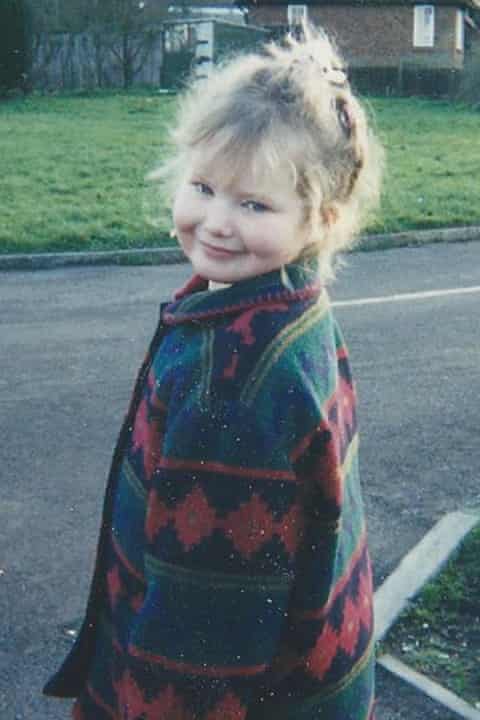
“I wrote it in three days and three nights – I hardly slept. I just wrote it all down. I wrote it in a purging sort of way: it was as though I had this story inside me and I simply had to get it out.”
The story was never intended for publication, but then Nancy heard from a friend she hadn’t spoken to for a while and decided to send her what she had written as a way of explaining what she’d been through. That friend sent it to another friend, whose mother was a writer: when she read it, she sent it to her agent, who is now Nancy’s agent, and this month the story arrived in bookshops as The Time in Between: A Memoir of Hunger and Hope. Wilson, who gave her that initial prompt to write it, has said it “isn’t just another anorexia misery memoir – it’s a work of literature”.
It is easy to see why that writer mother sent Nancy’s story to her agent: the book is stylish and incisive, and she weaves her tale of fear and food, confusion and calories grippingly and with skill. At one point she provides the kind of description of how anorexia feels that could only have come from the vortex of the condition itself. “I am too big and too small and too much and not enough and too frightened to change and too sad to stay the same,” she writes. “I am an addict and a slave to the beauty myth and I diet and regress and reject and control and cry for help and I still can’t stop the ring-ring-ringing in my ears telling me that something bad is coming, something bad is coming RIGHT NOW. I want to shine and I want to be invisible and I want to be myself and I want to be anyone else in the world and in the end I think the only solution is to get smaller and smaller and smaller and then one day to disappear.”
For all its writerly skill, The Time in Between makes uncomfortable reading and not only because it describes such a complex and disturbing medical condition. The other disquieting element is how frank Nancy is about her family relationships, and especially what she feels about her father, David.
He is described, at times, as distant and critical and not as involved in her life as her friends’ fathers are. Some of the best parts of the book are written script-style, like scenes from a movie or a documentary, with camera directions (“Stay with Nancy’s face. She blinks heavily; she looks very tired”); and when Jessica reveals that her father directs TV dramas you can’t help feeling that what Nancy really wants is to please her dad.
Can it be that simple? Apparently, he criticised the book when he first read it, though he has since read it again and declared it extremely well written.
Jessica, it turns out, has not read the book. “I’m a bit scared of reading it. I lived it, and I don’t want to go back to those times,” she says.
Nancy, meanwhile, says that while she would not say writing the book was the key to her recovery, getting her story out was a catharsis that helped her begin to move on. She’s still “not normal around food”, she says, but she’s a great deal better than she was and hopeful of making a complete recovery one day. This autumn, having twice deferred it, she is taking up a place to study at Oxford University.
“Sometimes I think, what on earth am I doing, going somewhere so pressurised and competitive after everything I’ve been through,” admits Nancy. “But I really don’t think I’m doing it because I want to be an academic star. What I want to do is study psychology; and what my illness has done is made me realise that life isn’t all about getting top marks in exams, it’s about working out who you are and what you want to do with your life.”
Friday, May 29, 2015
Maupassant / A Mother of Monsters
Thursday, May 28, 2015
Maupassant / The Hand
Wednesday, May 27, 2015
Judy Blume “Can’t Imagine” Writing Another Novel
 |
Judy Blume, photographed on Ballast Key, Florida.
Photograph by Annie Leibovitz.
|













